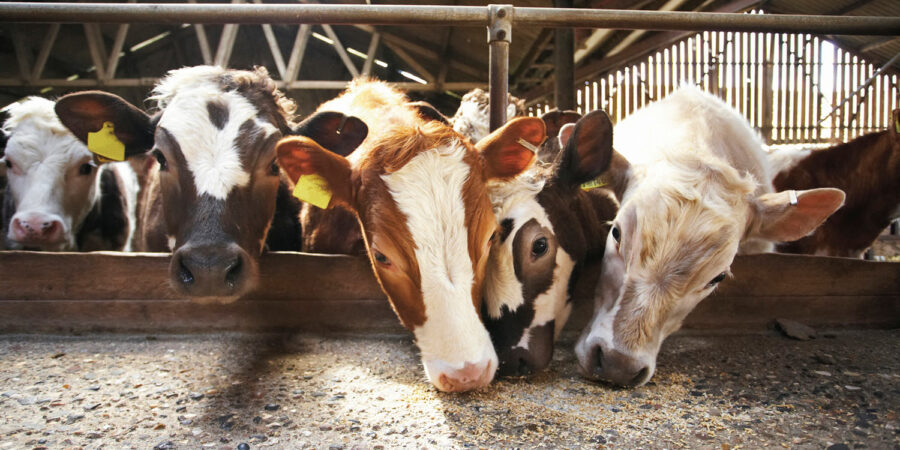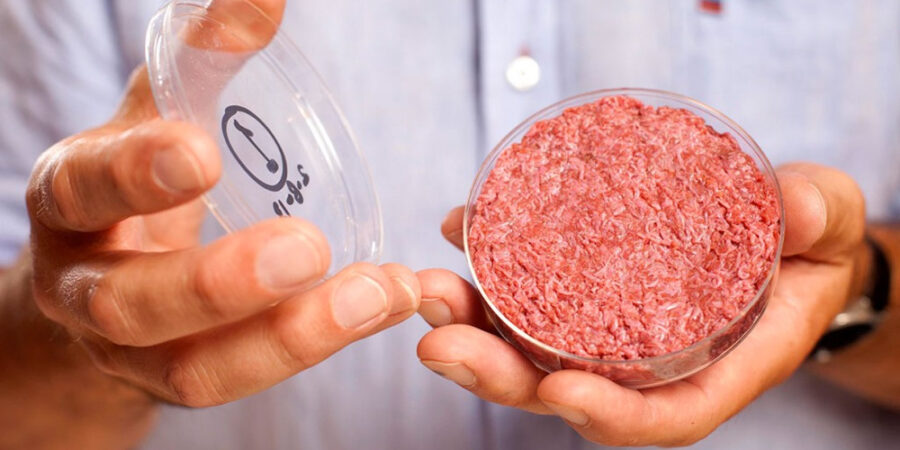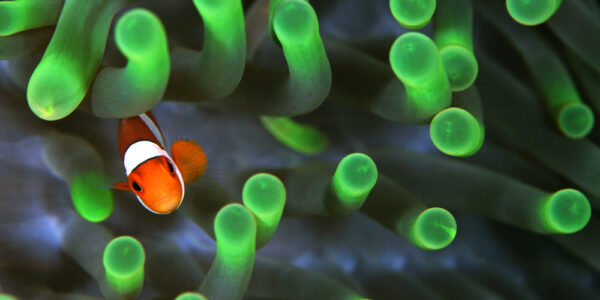Most of us would agree that if we want planet Earth to sustain life for generations to come, we need cleaner energy. We need cleaner energy to fuel our cars, our homes and our cities. If advances in green tech can overcome these challenges, we will have solved a big piece of the climate puzzle. But not all the big pieces …
What about the energy we use to fuel our bodies?
Turns out, this is the biggest question of all. Adelaide University’s Professor of Climate Change, Barry Brook, estimates that raising animals for human consumption is responsible for half of Australia’s short-term global warming gases — that’s more than the coal industry.
What makes animal agriculture so inefficient? In short, animals consume more food than they produce. Or put another way, syphoning plant protein through the bodies of animals in order to produce animal protein is like filling your car’s tank by throwing a bucket of fuel at it: you’ll lose more than you gain and create a right mess in the process.








